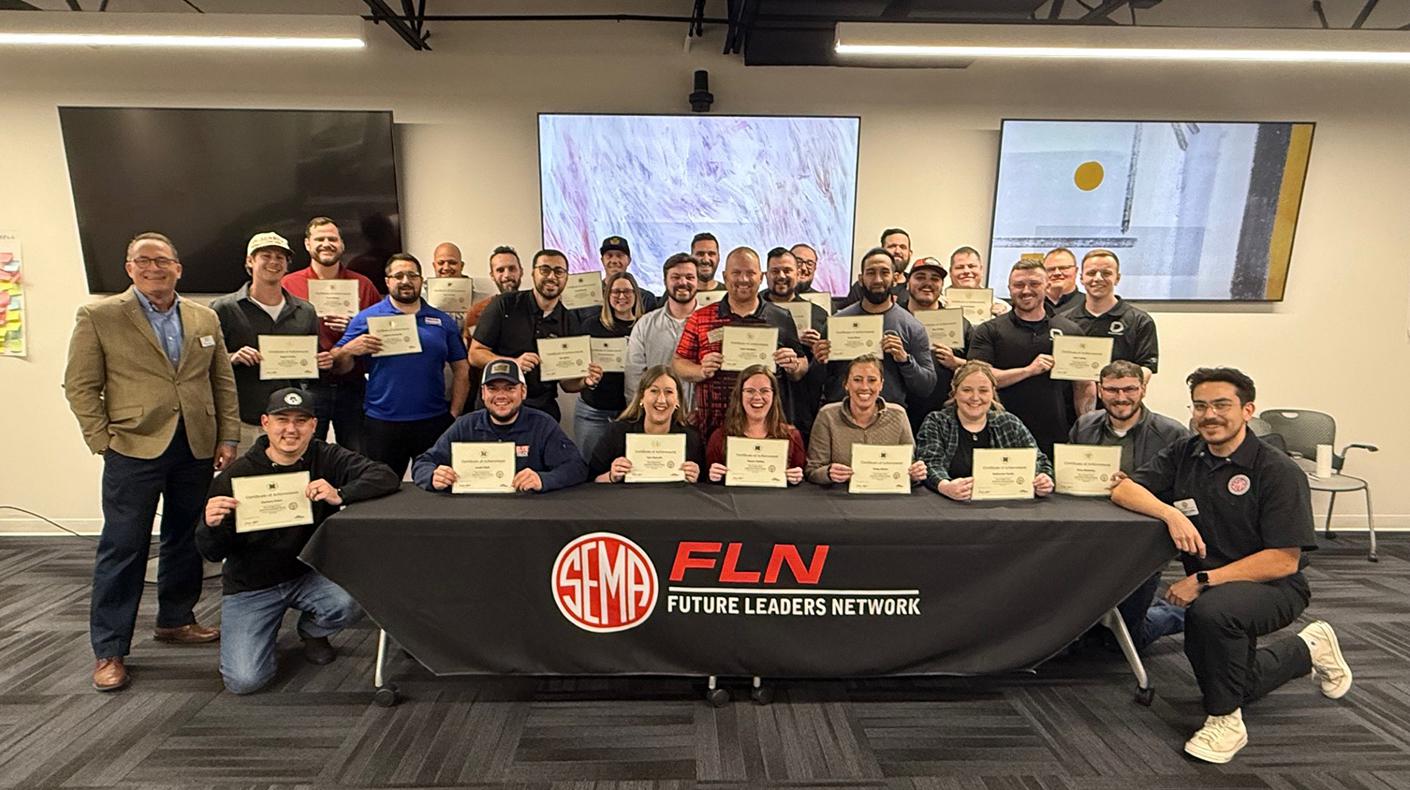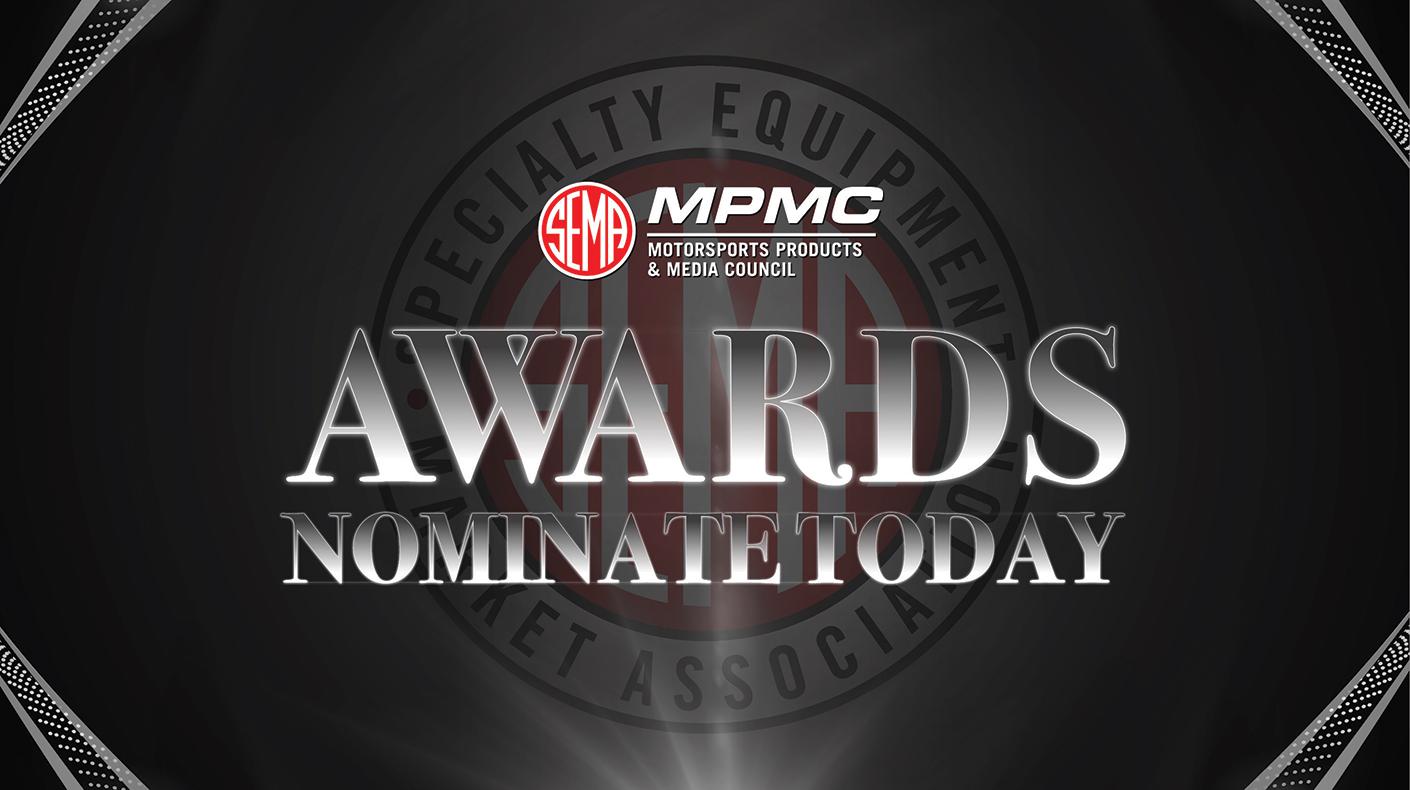By SEMA Washington, D.C., Staff
 With respect to potential tariffs on imported motor vehicles and auto parts, eight major trade associations, including SEMA, have formed the “Driving American Jobs” Coalition. |
SEMA submitted comments to the U.S. Trade Representative (USTR) in opposition to threatened 10% or 25% tariffs on more than 6,000 tariff lines valued at $200 billion in imported products from China. The list covers everything from engines and metal fasteners to wheels, tires, steering wheel components, gaskets, transmission belts, brake pads, windshields and suspension springs. The tariffs are in addition to 25% tariffs already imposed on $50 billion worth of Chinese goods.
Despite widespread industry opposition to the tariffs, President Trump could decide to begin imposing them as early as October. Further, the USTR has been directed to identify another $267 billion in Chinese imports subject to potential tariffs later this year if the U.S. and China fail to resolve trade disputes. The U.S. is seeking to lower the U.S./China trade deficit and to deter cybertheft of intellectual property by Chinese government and companies.
In comments submitted to the USTR, SEMA President and CEO Chris Kersting noted that, “SEMA and its members believe in fair and reciprocal trade, and support efforts to protect intellectual property rights. However, SEMA opposes the imposition of tariffs on a vast and seemingly indiscriminate selection of products worth hundreds of billions of dollars. The U.S. tariffs along with equal retaliatory tariffs imposed by China have harmed American businesses, workers and consumers. The additional tariffs being proposed only threaten to escalate the problem rather than resulting in constructive negotiations and meaningful results.”
Click here for a copy of SEMA’s comments.
Below is a quick summary of currently imposed and threatened U.S. tariffs:
1. Steel/Aluminum: The U.S. government has imposed global tariffs on steel (25%) and aluminum (10%). Most of the tariffs began June 1, 2018. To date, only Argentina, Australia, Brazil and South Korea have trade agreements exempting them from the tariffs. The tariffs apply to processed raw materials (steel/aluminum plate, sheets, bars, etc.), but not finished products (e.g., wheels, exhausts, etc.).
2. Chinese Products: President Trump directed the U.S. government to impose 25% tariffs on $50 billion worth of Chinese imports. Tariffs on another $200 billion worth of goods is expected to be implemented this fall, and tariffs on an additional $267 billion in Chinese imports have been threatened. The tariffs are an attempt to lower the U.S./China trade deficit and to deter cybertheft of intellectual property by Chinese government and companies.
- On July 6, customs began collecting duties on about $34 billion worth of products, including miscellaneous metal and rubber parts for auto equipment.
- On August 23, tariffs on $16 billion worth of products took effect, including many types of plastics.
- 25% tariffs on another $200 billion worth of products are being finalized and could start as early as October. The list includes many auto parts, from engines and metal fasteners to wheels/tires, steering wheel components, rubber gaskets, transmission belts, brake pads, windshields and suspension springs.
3. Imported Automobiles/Auto Parts: President Trump directed the U.S. Department of Commerce (DOC) to investigate whether imported automobiles and auto parts pose a threat to America’s national security (manufacturing base). The DOC will issue its findings and recommendations for presidential actions, if any. President Trump has stated that he is considering global tariffs of 20%–25% that could begin this fall or winter. The DOC investigation applies to all types of cars and auto parts, including new cars, classic cars and off-road vehicles.
SEMA has joined several coalitions to oppose the various tariffs. To date, the U.S. tariffs have produced more tit-for-tat retaliation than productive negotiations with trading partners. With respect to potential tariffs on imported motor vehicles and auto parts, eight major trade associations have formed the “Driving American Jobs” Coalition. It includes SEMA and represents the broad scope of the auto industry, from automakers and dealers to parts manufacturers, distributors, retailers and service providers. The Coalition is united in opposing the referenced tariffs as being counterproductive and threatening American companies, workers and consumers. The message to the president and lawmakers has been to pursue trade infringements in a fashion that does not inflict unintended economic harm.





